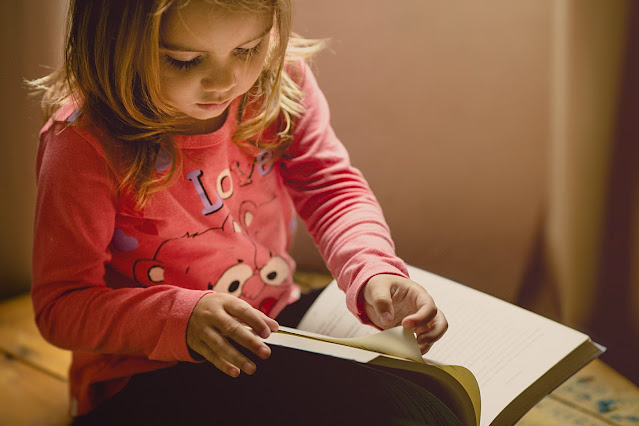As a parent, you want to make sure your baby is as healthy as can be. That includes their sleep health. Just like adults, babies can suffer when they don't get enough rest. Sometimes the problems keeping an infant from sleeping aren't environmental, but internal. When you've tried different calming methods and nothing works, it may be time to look at another issue.
What Is The Brain-Gut Axis?
For some babies, the problem could be in their stomachs. Although we don't think about it often, the stomach and intestinal tract are filled with nerves. These nerves mean that the gut and the brain can communicate. Unrest in one area can lead to unrest in another.
For instance, a lot of stress can lead to an upset stomach because some of the communication between the brain and gut is not happening as it should. The upset stomach can then cause discomfort that makes it hard to sleep or rest. You may not realize it but babies can experience some stress that could make it hard to sleep. Try lavender sleep spray for baby and other calming products to help them.
Seratonin & Dopamine Production For Sleep
The gut also plays a role in helping regulate the neurotransmitters that influence the sleep cycle. According to Medical News Today, the collection of bacteria and other microbes in the stomach can affect cognitive function as well as circadian rhythms.
This is because some of these microbes help produce serotonin and dopamine. Both of these chemicals are important neurotransmitters for your health. Many people associate these chemicals with mood and happiness, but they also play important parts in regulating REM sleep cycles.
So what does that mean for your baby? Simply put, if they don't have the right mix of micro-organisms in their bodies, they have a harder time regulating their sleep. Without the right amounts of serotonin and dopamine, it becomes hard to fall asleep and stay asleep. Parents can use probiotic drops for infants to encourage a healthy gut biome.
Growing Pains That Interrupt Sleep
You may also have another issue that disrupts your baby's sleep: teething. When a baby starts getting their teeth, they tend to be very uncomfortable and that makes it hard to sleep. While teething is not directly related to gut health, it's not uncommon to have the two issues coincide for your baby. The time when they start getting teeth is usually about the same time whole foods are introduced, so the little body is thrown off. As you work to improve their gut health, you should also learn how to relieve baby teething pain at night. By addressing all sleep problems, you can get some peace for your child (and yourself).
Helping infants sleep can be tricky since your baby can't tell you what they need. Talk to your doctor about what you are seeing and ask if their gut health could be affecting their sleep. If it is, get a probiotic specially formulated for little stomachs so everyone can get some rest.






